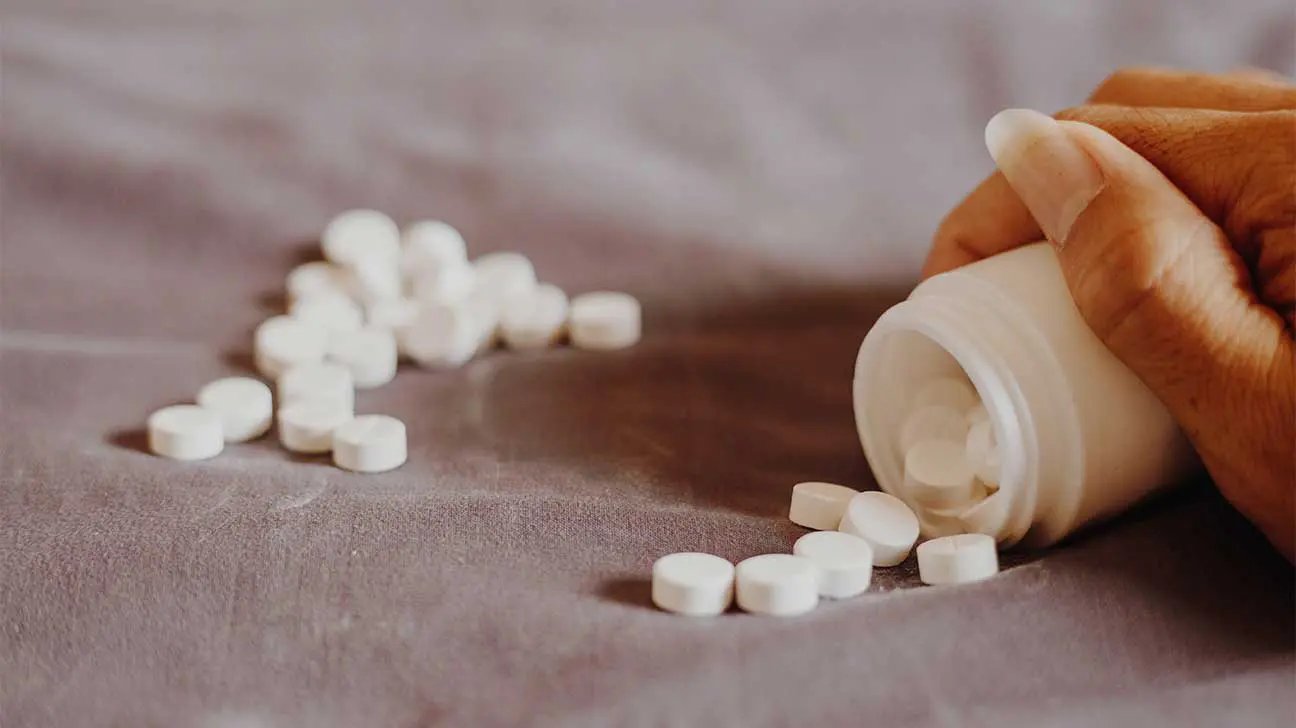
Seroquel, the brand name for quetiapine, is an atypical antipsychotic drug that can have toxic effects if taken in very high doses alone or in combination with other drugs.
The standard dosage of Seroquel is 400 mg to 800 mg a day. Taking a higher amount of Seroquel may risk adverse side effects, including hyperglycemia, kidney damage, and death.
Learn more about the lethal dose of commonly abused drugs.
Understanding The Lethal Dose Of Seroquel
Research on the safety of Seroquel shows that the lowest reported dose associated with fatality occurred after a person took 6,000 milligrams—or 7.5 times the maximum recommended dose.
However, additional case reports have shown patient survival after the ingestion of up to 30,000 milligrams. In a clinical trial, one death was reported after a person took 13,600 mg.
Cause Of Seroquel Overdose
Seroquel overdose can be caused by taking an excessive amount of Seroquel alone, or in combination with other drugs.
One case series studying overdose incidents over five years identified the ingestion of high doses of Seroquel with opiates, amphetamines, benzodiazepines, cannabis, and barbiturates.
Factors That Can Affect The Lethal Dose
Certain factors may affect the risk of fatal overdose after taking a very high dose of Seroquel.
Risk factors for serious Seroquel overdose include:
- older age
- cardiovascular disease
- impaired kidney or liver function
- slow drug metabolism
- low body weight
- use of multiple drugs
How Common Is Seroquel Overdose?
According to the Centers for Disease Control and Prevention (CDC), Seroquel is one of the most common drugs associated with suicide by drug overdose, along with prescription opioids and Xanax.
In 2016, Seroquel was involved in nearly 300 suicides by drug overdose. Seroquel overdose may be more common in people who have untreated or undertreated mental health disorders.
What Are The Signs Of Seroquel Overdose?
Severe cases of Seroquel overdose can be deadly. With prompt medical treatment, recovering from a Seroquel overdose is possible.
Signs and symptoms of Seroquel overdose include:
- drowsiness
- dizziness
- rapid heartbeat
- fainting
- low blood pressure
- coma
In rare cases, overdose may also lead to respiratory depression (slow or stopped breathing) and seizures. If someone is unresponsive or has collapsed after taking Seroquel, call 911 right away.
Finding Treatment For Drug Addiction
Are you or a loved one looking for drug addiction treatment? You can find it today. Call AddictionResource.net to learn more about which type of drug treatment program is best suited to meet your needs.
Addiction Resource aims to provide only the most current, accurate information in regards to addiction and addiction treatment, which means we only reference the most credible sources available.
These include peer-reviewed journals, government entities and academic institutions, and leaders in addiction healthcare and advocacy. Learn more about how we safeguard our content by viewing our editorial policy.
- Annals of Emergency Medicine—Acute Quetiapine Overdose in Adults: A 5-Year Retrospective Case Series
https://www.annemergmed.com/article/S0196-0644(08)00608-2/pdf - AstraZeneca—Seroquel XR Product Monograph
https://www.astrazeneca.ca/content/dam/az-ca/downloads/productinformation/seroquel-xr-product-monograph-en.pdf - U.S. Centers for Disease Control and Prevention—National Vital Statistics Reports: Volume 67, Number 9
https://www.cdc.gov/nchs/data/nvsr/nvsr67/nvsr67_09-508.pdf - U.S. National Library of Medicine—Quetiapine
https://medlineplus.gov/druginfo/meds/a698019.html


